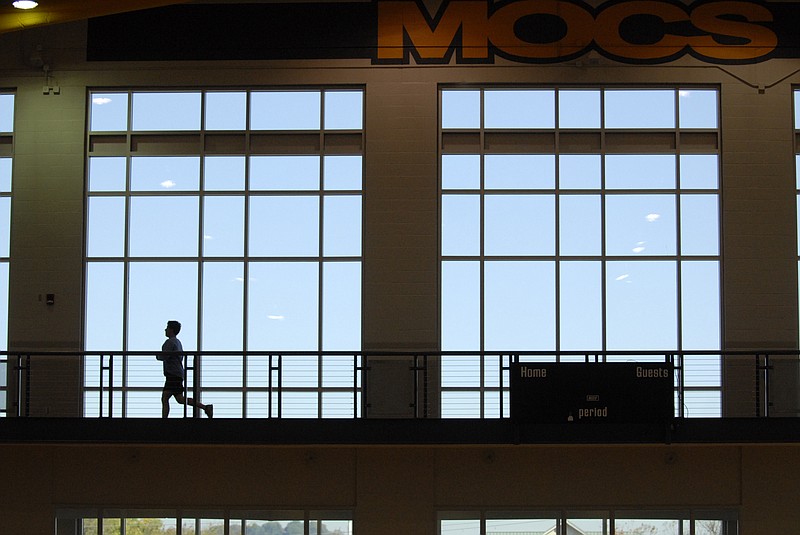The University of Tennessee at Chattanooga appeared to hit the jackpot Thursday in state funding by the State Building Commission for projects throughout the campus.
It's the unfortunate nature of the beast that while some $10 million-plus worth of plans were approved, little if any of the money will help Joe College afford his degree.
To be sure, a $7.7 million, 11-acre sports complex at Engel Stadium will provide recreation and exercise for students, a $1.7 million upgrade of Fletcher Hall will improve lighting and technology on the building's second floor, a $500,000 rehabilitation garden and outdoor classroom at the James A. Mapp Building will simulate real-life conditions for students learning to interact with physical and occupational therapy patients, and $1.2 more (for a total of $8.6 million) will replace the HVAC system, add a new elevator and make other physical changes in Holt Hall.
Similarly, the $3.25 million Brenda Lawson Student-Athletic Success Center completed in 2009, the nearly $25 million Aquatic and Recreation Center finished in 2010 and the $48 million library opened in 2015 all provide UTC students options not previously available or needed improvements to vital services. But they don't reduce the growing burden on parents and students in paying for tuition.
We get it. Funds approved by the State Building Commission are not the general higher education funds allotted to help limit the growth in annual tuition. Athletics money is not academics money, and vice versa. One pot of money available for some things is not available for others.
And we understand that colleges, like hospitals adding the latest and greatest technological advances, have to compete. In-state students have a variety of other places where they can place their tuition dollars, and students who can look out of state can pick and choose their university options as if they were custom building a car.
Yet, in-state, undergraduate student tuition for 12 hours of classes at UTC rose from $2,462 per semester in the 2008-2009 school year to $4,178 in the 2015-2016 school year. And fees for various courses, labs and online support have expanded dramatically.
This, of course, isn't a problem isolated to UTC. But it's a problem that deserves the scrutiny of Gov. Bill Haslam and state lawmakers, who hold the purse strings. Why not consider filling the tuition pot a little fuller and be a little stingier with the building commission pot?
After all, the improvements in recent years are all wonderful, but they won't ever be enjoyed by students who can't pay the freight to experience them.
